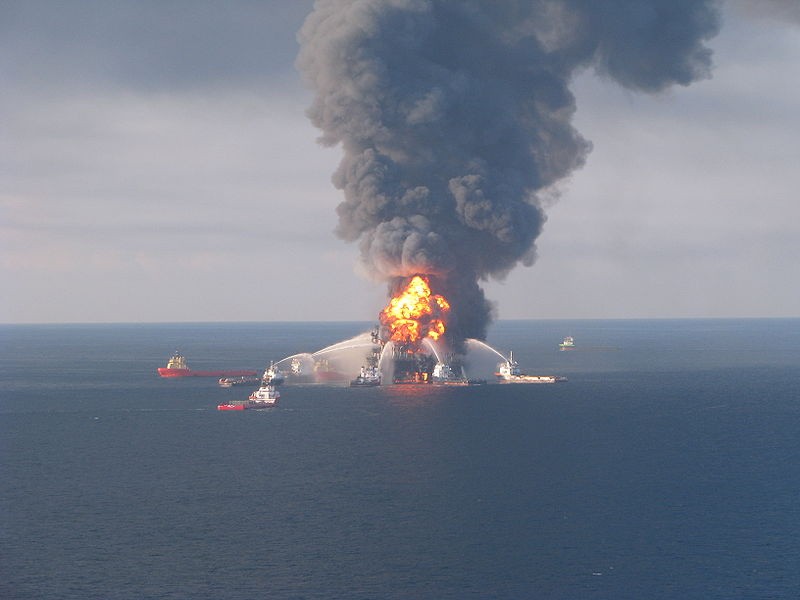The Deepwater Horizon oil spill, also called the Gulf of Mexico oil spill, has been considered the worst marine oil spill in history, which occurred during an explosion on the Deepwater Horizon oil rig in April 2010. The site is situated in the Gulf of Mexico, in the southern coast of the United States, approximately 41 miles (61 kilometers) from the Louisiana coast.
Over a decade later, new research suggests that the Deepwater Horizon disaster is still affecting dolphins, at least in the genetic level. The new study indicates that blood tests performed on common bottlenose dolphins show evidence of genetic mutations. This comes as the tests show there have been changes in the marine mammals' genes, resulting in various health complications outlined before.
In the aftermath of the human-caused event, marine experts have asserted that such a massive oil spill led to a range of detrimental health effects to marine animal species, including organ damage and reproductive failure. This assessment has been confirmed by the said research led by the National Marine Mammal Foundation in the US, highlighting the continuance of the health hazards.
Bottlenose Dolphins Under Threat

Findings on the ecological repercussion of the historic oil spill was published in the journal PLOS ONE on Wednesday, August 24. In particular, the subject marine animals in the new paper are the bottlenose dolphins in Barataria Bay, Louisiana.
They were amongst the myriad of animals that experienced the spill's adverse health impacts, including impaired stress response, cardiac, reproductive, pulmonary, and immune function.
Blood Tests and Genetic Changes
To further determine the health implications, the National Marine Mammal Foundation, along with the study authors and collaborators, examined the transcriptomic profiles of blood from 76 dolphins, who were sampled in health assessments between 2013 and 2018 in the waters near Barataria Bay and Sarasota Bay, Florida.
Taking into account gene expression and using principal component analysis, and other methods, the researchers found the genes of the dolphins showed a shift in immune response, cytoskeletal alterations, and mitochondrial dysfunction.
According to Jeanine Morey at GEL Laboratories in South Carolina, who also worked for the National Marine Mammal Foundation during the study, stated gene expression is a "very, very sensitive indicator that allows us to determine if something has gone wrong long before we see illness or deaths in a certain population, as cited by the New Scientist science and technology magazine.
Various reports claim that the Deepwater Horizon oil spill has led to the deaths of thousands of animals, including birds, sea turtles, and other marine mammals, as well as an unquantified number of fish.
2010 Deepwater Horizon Disaster
In the evening hours of April 20, 2010, the Deepwater Horizon exploded and sank, killing 11 workers and causing 4 million barrels of oil from the Macondo Prospect in the Gulf of Mexico.
The spill occurred within an 87-day period before it was finally contained on July 15, 2010, according to the Environmental Protection Agency (EPA).
On December 25, 2010, the US government filed a lawsuit in District Court against the company BP Exploration & Production, along with several other defendants accused to be responsible for the spill, the EPA recounts.
© 2025 NatureWorldNews.com All rights reserved. Do not reproduce without permission.





